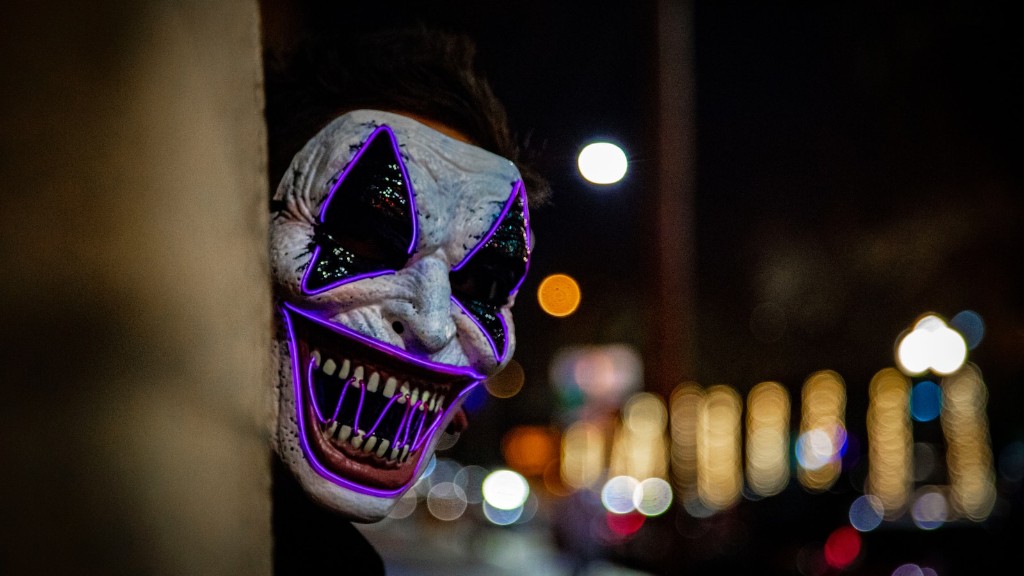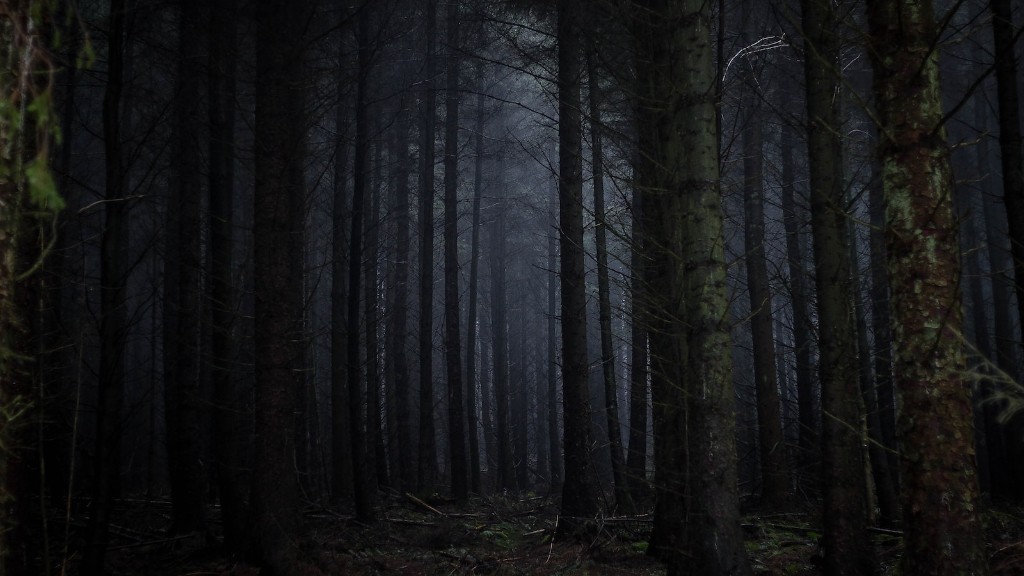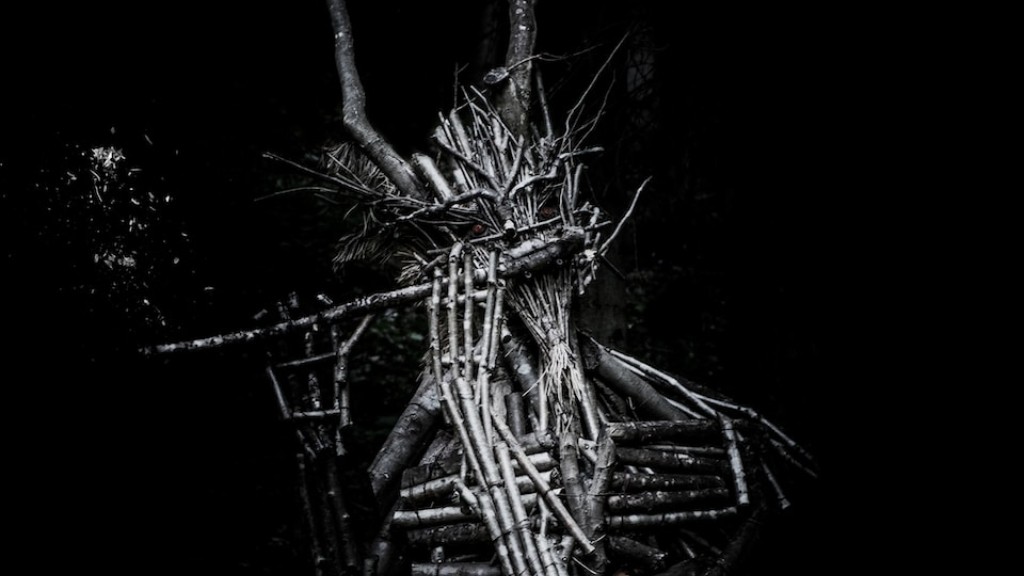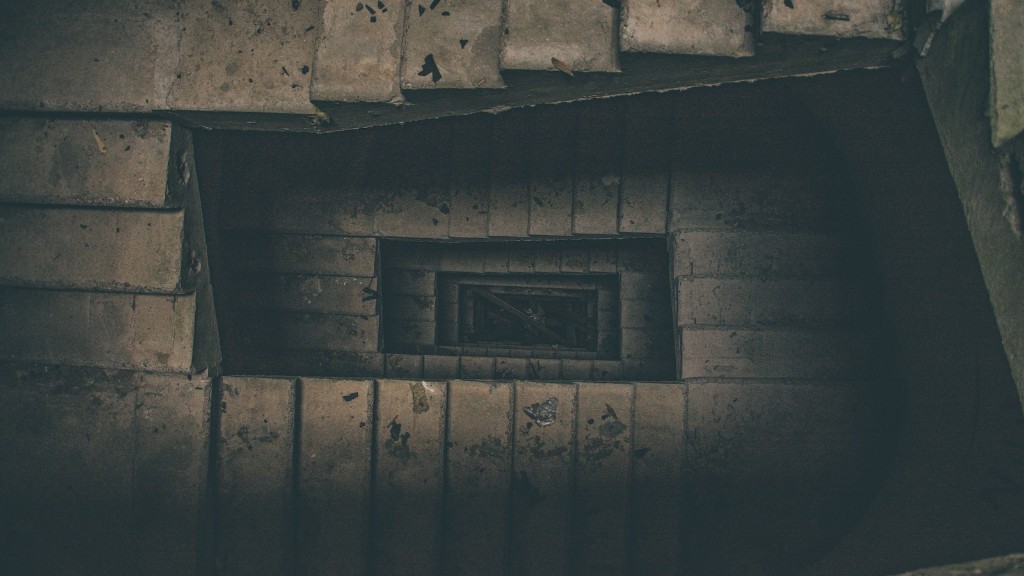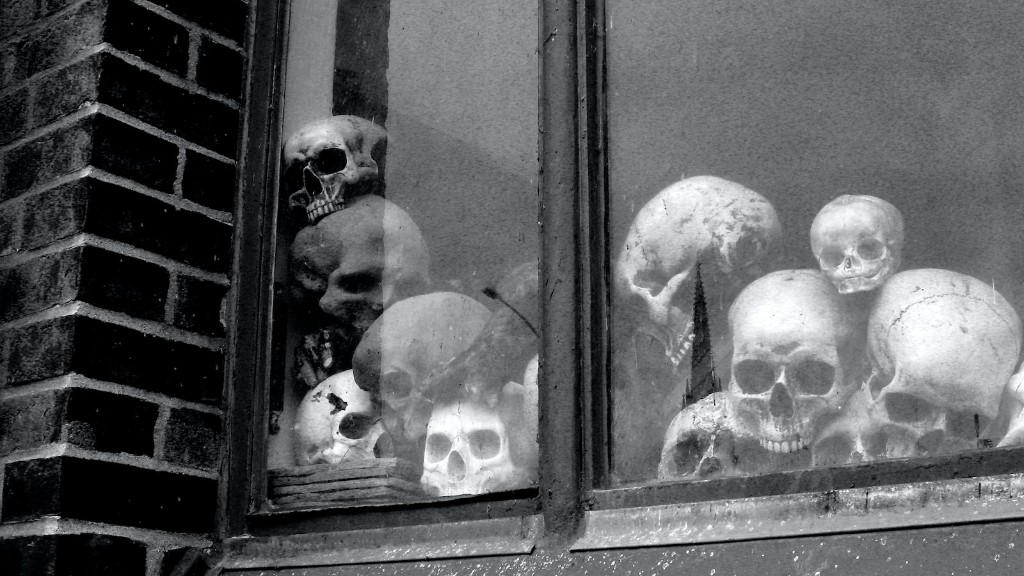Horror movies have been around since the late 1800s, and they continue to be extremely popular today. Why do we crave these movies that are so full of terror and suspense? One reason may be that they offer us a safe way to confront our fears. Horror movies allow us to explore the dark side of human nature, and they can be cathartic, helping us to release our pent-up fears and anxieties. They can also be exhilarating, providing us with a rush of adrenaline. Whatever the reason, horror movies are here to stay – and we will continue to crave them.
Horror movies offer an escape from the mundane and everyday, providing a vicarious thrill and a sense of suspense. They taps into our most primal fears, providing a feeling of suspense and adrenaline. For some, horror movies are a way to confront their fears in a controlled environment.
Why do humans crave horror movies?
Horror is a genre that is often consumed for the purpose of experiencing stimulation. Exposure to terrifying acts, or even the anticipation of those acts, can stimulate us both mentally and physically. This stimulation can be experienced negatively, in the form of fear or anxiety, or positively, in the form of excitement or joy.
It’s important to be aware of the potential risks of watching horrific images, especially if you’re prone to anxiety or panic. Doing so can trigger unwanted thoughts and feelings, and even increase our sensitivity to startle-eliciting stimuli. This can make it more difficult to manage our anxiety in everyday life. If you find that watching horrific images is negatively impacting your life, it’s important to seek help from a mental health professional.
Why do I suddenly want to watch horror movies
Exposure to horror films can be a gratifying experience when the negative emotions caused by the film are manageable. According to Dr. Clasen, this is due to the psychological distance we have when watching a horror film. We know that it isn’t real, or at least some parts of our brain know it isn’t real. This distance allows us to enjoy the film while still keeping our emotions in check.
Some of the personality traits and cognitive/affective traits that have been implicated in horror preference and/or enjoyment of horror include sensation seeking, empathy, theory of mind, need for affect, the dark tetrad, and personality. Other individual differences include age and sex.
Sensation seeking is a trait that has been linked to a preference for horror. Individuals who are high in sensation seeking tend to seek out new and exciting experiences, and horror movies provide a way to do this.
Empathy has also been linked to a preference for horror. Individuals who are high in empathy tend to be able to understand and share the feelings of others, and this can make horror movies more enjoyable.
Theory of mind is another trait that has been linked to a preference for horror. Individuals who have a strong theory of mind are able to understand the thoughts and feelings of others, and this can make horror movies more enjoyable.
The need for affect is another trait that has been linked to a preference for horror. Individuals who have a strong need for affect tend to seek out emotions, and horror movies provide a way to do this.
The dark tetrad is a personality theory that includes four personality traits: narcissism, Machiavellian
What do you call a person who loves horror?
Horror fans can be classified into three distinct groups: Adrenaline Junkies, White Knucklers, and Dark Copers.
Adrenaline Junkies are those who get a rush from the intense experiences of horror. They crave the feeling of fear and excitement that comes with being scared.
White Knucklers are those who enjoy the suspense and tension of horror, but don’t necessarily like to be scared. They may hold their breath during scary scenes or keep their eyes shut, but they still enjoy the experience.
Dark Copers are a newly-identified type of horror fan. They use horror to cope with problems like anxiety or stress. For them, watching horror is a way to release the pent-up emotions that they may be feeling.
There is something about being in control that helps us feel better about ourselves. It may be why we seek out scary movies or other situations that give us a blast of well-defined fear. We know the source of the fear and we have a clear element of control. This can help us to feel better about our own anxiety and may help us to cope with it better.
Why do depressed people like horror movies?
It can be really helpful to get caught up in the plot of a scary movie when you’re feeling anxious. It’s a great way to stay present in the moment and forget about your personal concerns. Plus, it’s just a lot of fun!
It is no secret that adrenaline affects the body in many ways. The “fight-or-flight” response is a result of the hormone being released in reaction to a perceived threat. This response is beneficial in many situations, as it can help us to react quickly and effectively to danger. However, it is also well-known that adrenaline can have negative effects on the body, such as increased heart rate and blood pressure.
Recent research has shown that there are brain benefits to watching suspenseful or scary movies. These benefits are a direct result of the adrenaline released during the movie. Studies have shown that watching a scary movie can increase brain activity, improve reaction times, and increase alertness.
So, if you’re looking for a way to boost your brain power, consider adding a few suspenseful or scary movies to your watch list. Just be sure to Popcorn in moderation!
Can horror movies trigger PTSD
It is important to remember that exposure to media, television, movies, or pictures cannot cause PTSD. Only a real life event can cause someone to develop PTSD. However, if someone is exposed to a lot of media that depicts traumatic events, it can trigger symptoms of PTSD in someone who has already developed the disorder. Symptoms of PTSD include: Re-experiencing the trauma through intrusive distressing recollections of the event, including flashbacks and nightmares.
However, my research finds that, on average, people with anxiety are more likely to be horror fans. To be sure, horror movies don’t feel very relaxing. But for people with anxiety, horror movies can provide a sense of release. That’s because Horror movies allow people with anxiety to safely face their fears in a controlled environment. So, if you’re someone who struggles with anxiety, don’t be afraid to give horror movies a try. Who knows, you might just find yourself a fan.
Do people with anxiety like horror movies?
Horror films can actually be a soothing process for people with anxiety. A study from last year found that those who regularly watch horror films experienced fewer symptoms of psychological stress during the pandemic. It turns out, watching horror films can help us to regulate our emotions.
Horror films can actually help us learn how to better deal with real-world stress. By intentionally exposing ourselves to anxiety-producing stimuli, we can learn how to cope with stress in a healthy way. This is because we usually don’t engage in the same unhealthy coping mechanisms that we might use in real life.
What personality type would survive a horror movie
There is something about scary movies that just draws in certain personality types. The suspense, the fear, the adrenaline rush – it’s all part of the appeal for those who love a good scare.
Analysts tend to be one of those personality types that are naturally drawn to scary movies. Their combination of Intuitive Energy and Thinking Nature is ideal for enjoying the hidden meanings and suspense that horror films have to offer.
So if you’re looking for a good horror movie to watch, consider one that will appeal to your Analytical side. It’ll be a frightfully good time!
Psychopaths have been shown to have a reduced startle response in experiments. This means that if someone gave them a fright while they were watching a horror movie, they would probably not jump out of their skin like most people would. This is because psychopaths react far less intensely in such fear-evoking situations.
What are the three types of horror fans?
There are three types of horror fans: Adrenaline Junkies, White Knucklers, and Dark Copers. They enjoy horror for different reasons and report different benefits after engaging with recreational horror.
Horror is a genre that uses fear to create suspense, tension, and sometimes disgust. It can be divided into three levels: The Gross-Out, Horror, and Terror. The Gross-Out is designed to shock and disgust the reader or viewer with its graphic and sometimes gore-filled content. Horror is designed to create suspense and tension by using fear as a weapon. And Terror is designed to hypnotize the reader or viewer with its slow-building suspense and sometimes nightmarish content.
Conclusion
There isn’t a single answer to this question as everyone experiences horror differently and has different reasons for why they enjoy it. For some, it may be the adrenaline rush or the sense of suspense that horror movies provide. Others may find horror movies cathartic, as they allow them to safely explore the dark and frightening side of human nature. And then there are those who simply enjoy the feeling of being scared. Whatever the reason, there is no denying that horror movies are one of the most popular genres of film.
There are many theories as to why we crave horror movies, but it ultimately comes down to the fact that they are thrilling and exciting. They give us a rush of adrenaline and make us feel alive. They also allow us to vicariously experience fear and suspense without actually being in danger. For some people, horror movies are a way to safely explore the dark side of human nature. Whatever the reason, there is no denying that horror movies are popular and here to stay.
